Translation is the art of failure
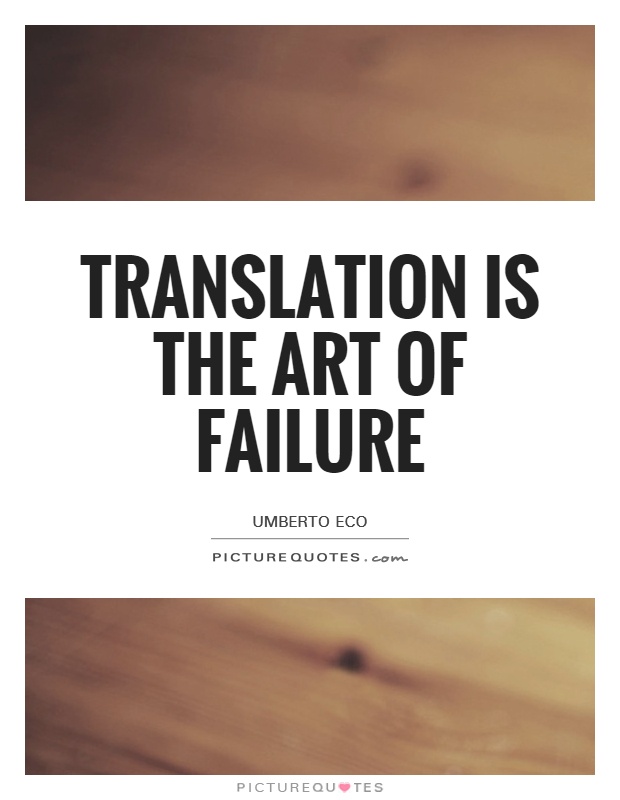
Translation is the art of failure
Umberto Eco, the renowned Italian novelist, philosopher, and semiotician, once famously said that "translation is the art of failure." This statement encapsulates the complex and often challenging nature of the translation process. While translation is essential for bridging linguistic and cultural divides, it is also fraught with difficulties and limitations that can hinder the accurate conveyance of meaning from one language to another.One of the main reasons why translation can be considered a form of failure is the inherent differences between languages. Each language has its own unique structure, grammar, and vocabulary, making it impossible to perfectly replicate the nuances and subtleties of the original text in a different language. This can lead to misunderstandings, misinterpretations, and loss of meaning in the translated version.
Furthermore, cultural differences play a significant role in the translation process. Certain concepts, idioms, and references may not have direct equivalents in another language, making it challenging for translators to accurately convey the intended meaning of the original text. This can result in a loss of cultural context and richness in the translation, further contributing to the sense of failure in capturing the essence of the original work.
Another factor that contributes to the difficulty of translation is the subjective nature of language. Words and phrases can have multiple meanings and interpretations, depending on the context in which they are used. Translators must navigate these complexities and make decisions about how to best convey the intended meaning of the original text, often facing the dilemma of sacrificing literal accuracy for the sake of preserving the overall message.
Despite these challenges, translation remains a vital and valuable practice for fostering cross-cultural communication and understanding. While it may be an imperfect art, it serves as a bridge that allows people from different linguistic and cultural backgrounds to connect and engage with each other's ideas and perspectives. In this sense, translation may be a form of failure, but it is also a testament to the resilience and creativity of human communication.
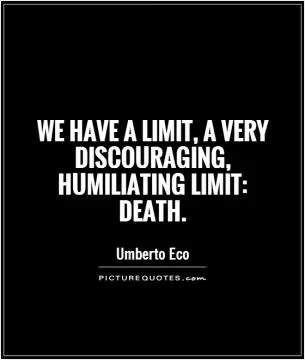


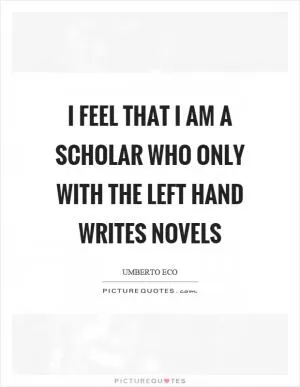
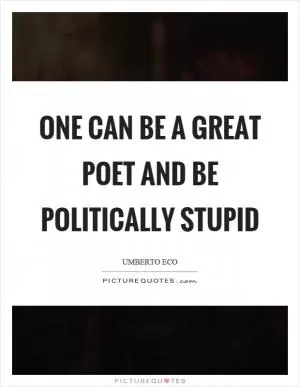
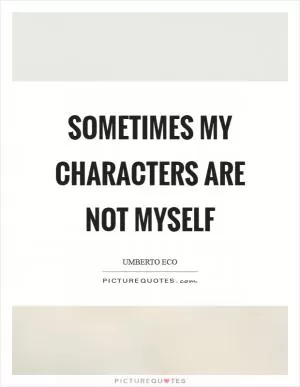


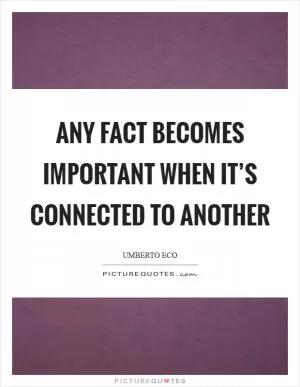
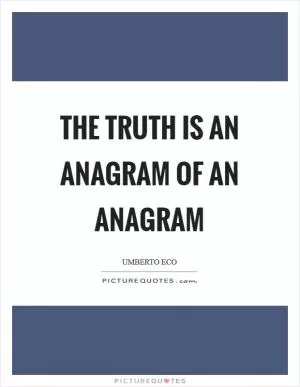
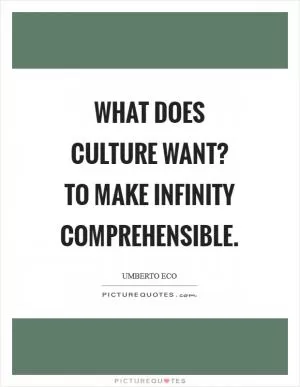
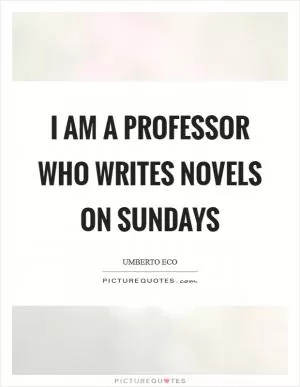
 Friendship Quotes
Friendship Quotes Love Quotes
Love Quotes Life Quotes
Life Quotes Funny Quotes
Funny Quotes Motivational Quotes
Motivational Quotes Inspirational Quotes
Inspirational Quotes